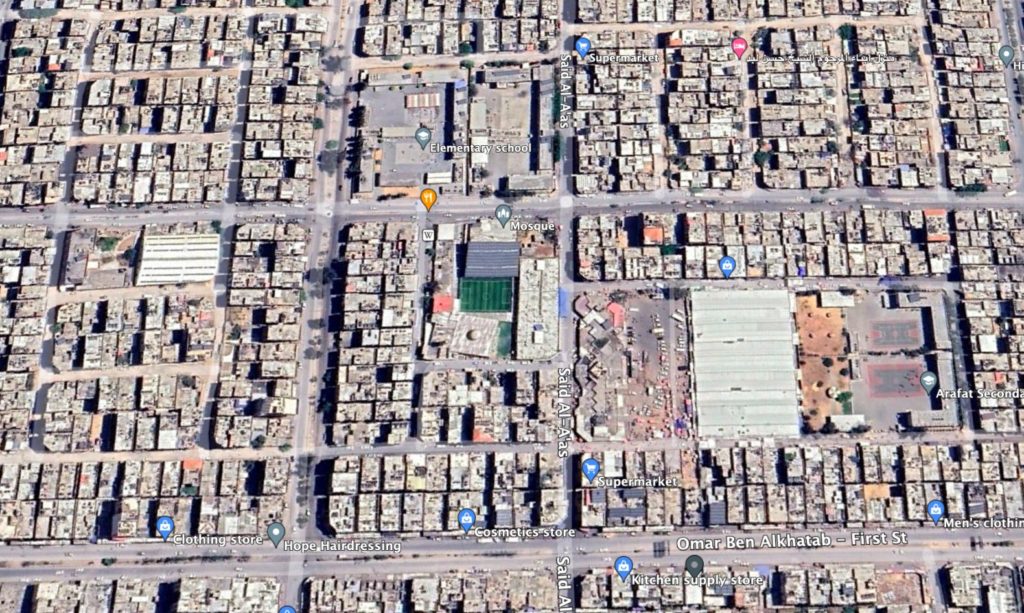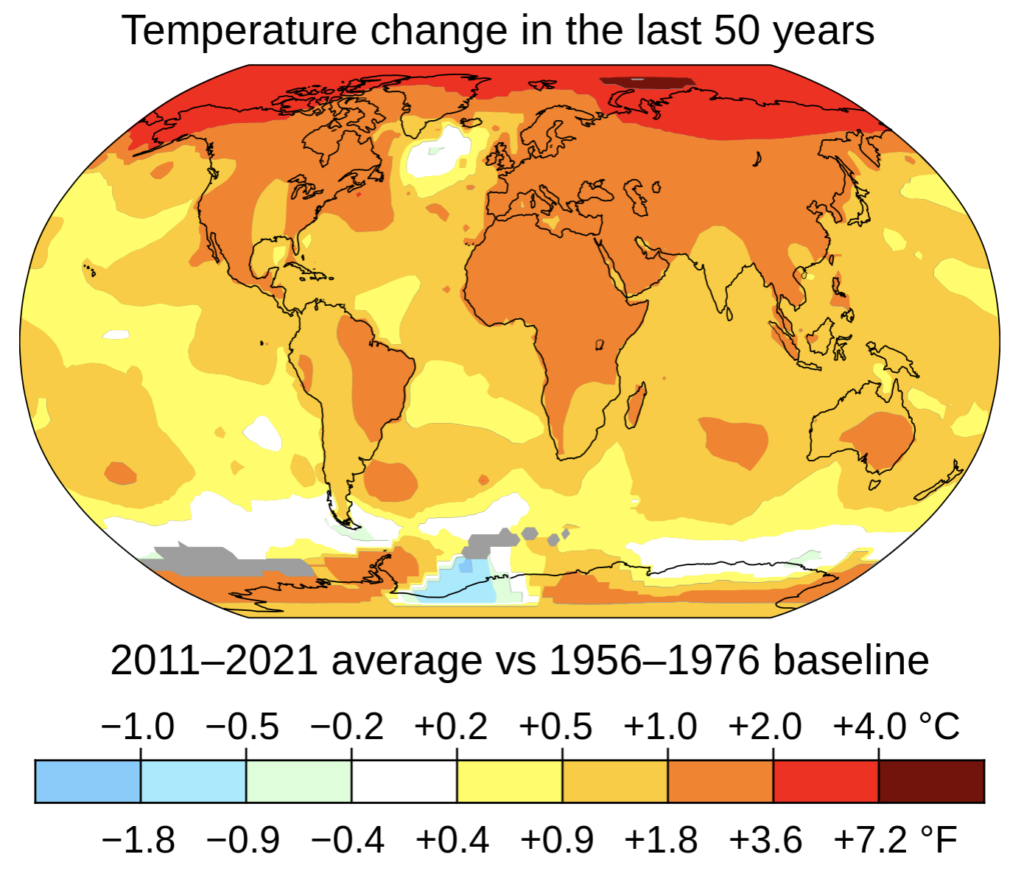
Aerial view of a residential section of the Gaza Strip
When I was in high school, I read an advertisement in Scientific American magazine. It said, in part: “…unless a favorable balance of population and resources is achieved with a minimum of delay, there is in prospect a Dark Age of human misery, famine and unrest;”
This statement, which was signed by 34 Nobel Laureates (among other dignitaries) went on to say: “We believe that widespread, effective and voluntary use of medically sound and individually acceptable birth control is an essential factor in any humane design to raise world living standards and achieve world peace.”
To me, this is as true now as it was in 1960.
I give thanks that so many people recognize the importance of family planning, and that we have so many options for medically sound, voluntary family planning..
Thank you for reading.
Richard
Can high population density lead to war? Recent events suggest that it can.
You are probably aware that, on October 7th, the Palestinian Islamic Resistance Movement (also called “Hamas”) launched a surprise attack on its neighbor, Israel. Israel has retaliated with most of the terrible devices of modern warfare and thousands of deaths.
Although Hamas rules the Gaza Strip, Gaza is not an independent entity. It is surrounded on 3 sides by Israel. Israel has surrounded Gaza with an almost impenetrable wall to control the passage of people and goods. Israelis guard the handful of gates through the wall, and have watch towers and other means of controlling Palestinians’ passage.
Israel also controls access to Gaza from the Mediterranean Sea on the west. Much of Gaza’s potable water comes from Israel, as does their electric power. Both of these necessities are now severely restricted, causing a humanitarian crisis in Gaza. Because Israel controls Gaza Strip’s airspace, territorial waters and also controls the movement of people and goods in or out of Gaza by air or sea, Human Rights Watch has advised the UN Human Rights Council that it considers Israel to be occupying the Gaza Strip.
From what I can discern, there are several reasons for high levels of aggression in the Palestinian Territories. The population density in the Strip is one of the highest in the world. Because of this, homes are crowded together with little room for parks or even an occasional tree. Living in close proximity, with little access to nature, increases stress. Hot conditions have been shown to increase aggression. Finally, the unemployment rate in Gaza is the highest in the world, at 45%. For young people, it is even higher, at 70%! Unemployed young men are the most likely group to be belligerent.
Despite its crowded conditions, people in the Palestinian Territories have high fertility. It is commonly thought that this is a consequence of their embattled position—that more people will give the Palestinians more strength. Although slightly lower, the Israeli fertility is also high, especially for a relatively rich country.
The Palestinians in Gaza are in a terrible situation, and Hamas made it worse by their aggression against their neighbor. Then Israeli Prime Minister Benjamin Netanyahu escalated the aggression by quoting 1 Samuel 15:2, 3 from the Bible, likening Hamas to the ancient Amalekites:
2 This is what the Lord Almighty says: ‘I will punish the Amalekites for what they did to Israel when they waylaid them as they came up from Egypt. 3 Now go, attack the Amalekites and totally destroy all that belongs to them. Do not spare them; put to death men and women, children and infants, cattle and sheep, camels and donkeys.
Despite the fact that Palestinians occupied the land before Israel was created, they have had a terrible deal. There are similarities with the American Natives, with several differences: we European settlers killed off a huge percentage of the indigenous people; North America is larger and less crowded than the Levant, and our land is more productive; and Israel has had significant international financial support.
I have two personal conclusions about this conflict. Amongst other issues, the high population density in Gaza may be a contributing factor to the war with Israel. This factor is not mentioned in most media reports on the conflict. Furthermore, for all its benefits, religion can be terribly destructive, especially if it fails to reflect current, more peaceful, ethics.
©Richard Grossman MD, 2023
